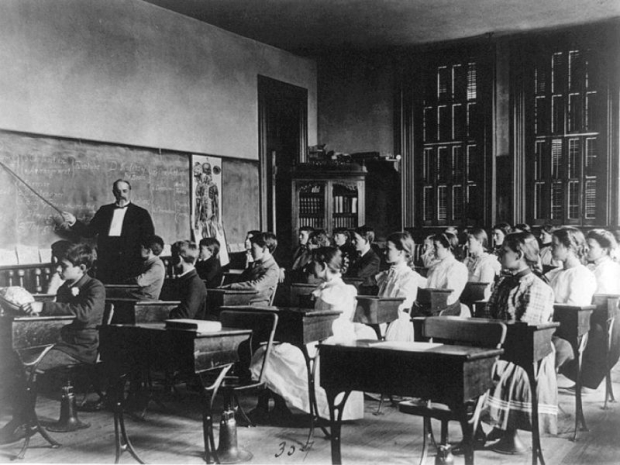In surveys this year of more than 40 US high schools, some 60 to 70 per cent of students said they had recently engaged in cheating which was the same as previous years.
Stanford education researchers said there was a panic that these AI models will allow a whole new way of doing something that could be construed as cheating.
Stanford Graduate School of Education senior lecturer Denise Pope said the introduction of AI had not created a change in the data.
When ChatGPT appeared late last year with its ability to fabricate human-sounding essays and emails, critics began warning that such tools -- which liberally make stuff up -- would enable widespread cheating and amplify misinformation in schools.
The Stanford research, along with a similar recent report from the Pew Research Centre, has challenged all that.




